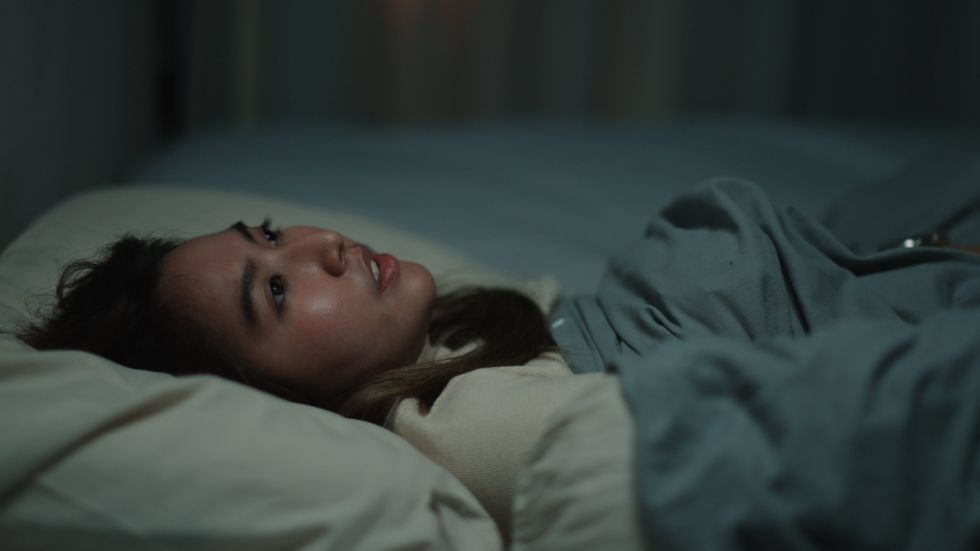Jake Brigstock
Nov 20, 2024
- YouTube
Ever wondered why you sometimes wake up in the middle of the night at 3am, frustratingly unable to go back to sleep?
Experts from the Web MD Medical Team have got a few different reasons why this may be happening.
The most common reasons for waking up in the middle of the night are drinking caffeine or alcohol late in the day, a poor sleep environment, a sleep disorder or another health condition.
The key thing is to get the best quality sleep possible and to figure out what's waking you so you can change this and get the best rest possible.
Web MD says periods of light, deep and rapid eye movement (REM, when dreaming for example) sleep cycle a number of times each night with most of the deep sleep happening early in the night.
Physical causes of waking up in the middle of the night include pain, breathing trouble, digestive problems, hormones, brain and nerve diseases, and the need to wee a lot.
Medications to treat these can also affect sleep patterns.
There are a number of psychological causes for not being able to sleep with stress the most common one. Other mental health issues such as anxiety disorders, bipolar disorder, depression and schizophrenia can cause a lack of sleep too.
If any of these health issues waking you up persist, Web MD advises to contact your doctor.

Bad sleep habits could be why you're unable to sleep, so try and keep a schedule as to when you go to sleep and wake up; electronics can have an impact, drinking alcohol or caffeine and smoking can have negative effects too.
Things around you like light, pets or the temperature can make it hard to stay asleep as you move between sleep stages.
Your body has a natural cycle of sleepiness and alertness, and age, jet lag or working late or night shifts can interfere with this, causing poor sleep.
Sleep disorders can affect the ability to get a good night's sleep too, such as sleep apnoea, restless legs syndrome, periodic limb movement disorder and night terrors.
Tips Web MD has to get good sleep include don't use tobacco, to go outdoors, get regular exercise, stick to a sleep schedule and don't nap.
Other tips are follow a relaxing bedtime routine, shut off electronic screens an hour before bed, don't use your bed for anything other than sleep or sex and to keep the room dark, quiet and cool.
If you are struggling to sleep, after 15-20 minutes it's best to get out of bed and do something relaxing until you feel sleepy again that doesn't involve looking at a screen.
How to join the indy100's free WhatsApp channel
Sign up to our free indy100 weekly newsletter
Have your say in our news democracy. Click the upvote icon at the top of the page to help raise this article through the indy100 rankings.
Top 100
The Conversation (0)














